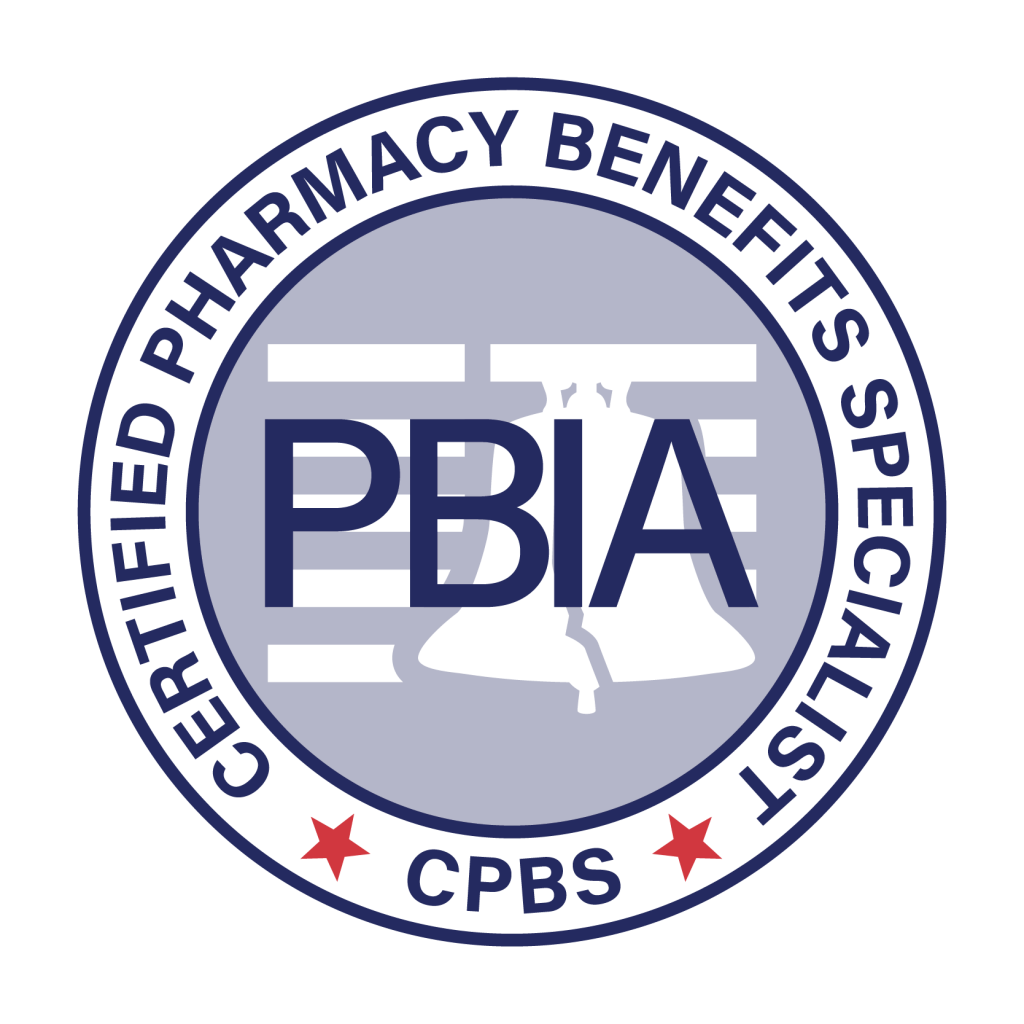PSAOs Primed to Unlock Specialty Payor Contracts and other notes from around the interweb:
- Federal Judge Rules Cheaper Drugs Can Be Imported From Canada. In a setback to the pharmaceutical industry, a federal judge has tossed a lawsuit that sought to prevent state governments from importing medicines from Canada. And the decision is likely to embolden more states to now consider the approach as they look to lower the cost of prescription drugs. The 26-page ruling noted that to have standing, plaintiffs must prove that they have suffered an “injury in fact,” that the injury is traceable to the defendants’ conduct, and that the injury is likely to be remedied by a favorable decision. And in two distinct aspects, the plaintiffs had no standing to bring the case against the federal agencies, Kelly ruled. The DC Circuit Court has struck a blow against the pharmaceutical lobbying group PhRMA and other plaintiffs’ attempt to stop states from importing drugs from Canada. Joined alongside public health group Partnership for Safe Medicines and advocacy group Council for Affordable Health Coverage, PhRMA was rebuffed by Judge Timothy Kelly, who dismissed the civil suit due to a lack of standing.
- 7 Key Facts About Biosimilars. When describing biosimilars to patients, remind them that in their simplest form, medications are chemical structures, with some comprising simple, small molecules or pieces, while others are more complex. Biosimilars are made of complex chemical structures. Because biosimilars are complex medications, there are often products that treat complex conditions, such as insulin for diabetes and other biosimilars for conditions, such as multiple sclerosis or psoriasis. Many biosimilars are dispensed by specialty pharmacies, which provide medications that are typically expensive for medical conditions that are intricate and often difficult to treat. The FDA approved the first biosimilar, Zarxio (filgrastim-sndz) on March 6, 2015, for the reference product Neupogen. Zarxio was approved for all indications included on the reference product’s label, which is not the case for all biosimilars.
- States, not Federal Government, Are Moving to Tighten Regulation of PBMs. The action on PBMs has devolved to the states partly because a 2020 U.S. Supreme Court decision, said leaders with the National Academy for State Health Policy. In Rutledge v Pharmaceutical Care Management Association, the court upheld an Arizona law that required PBMs to pay pharmacies no less than their acquisition costs for prescription drugs. The court indicated the Arizona law was not preempted by Employee Retirement Income Security Act (ERISA), a federal law that sets standards for retirement and health benefits. The decision in the case gives states the ability to regulate healthcare costs, including health plan contractors. In 2022, 135 bills concerning PBMs were introduced in state legislatures, according to the National Academy for State Health Policy’s tracker. Most are still working their way through various committees, and some have failed to make any headway. The 19 bills that have been signed into law provide a starting point to address the undue influence that PBMs have over pharmacies and drug pricing, say the industry’s critics.
- PSAOs Primed to Unlock Specialty Payor Contracts. A Pharmacy Services Administrative Organization (PSAO) is a third-party organization that provides administrative and business support services to independent pharmacies. PSOAs negotiate contracts with pharmacy benefit managers (PBMs) and health plans on behalf of their member pharmacies to ensure fair reimbursement rates and optimal drug pricing. For local and regional health-system specialty pharmacies, the phrase “out of network” often is a painful reminder that many of their specialty patients must go to outside pharmacies or mail-service providers to receive their essential medications. It’s a persistent challenge to health systems’ integrated specialty care model, but one that may be easier to overcome after the recent launches of Pharmacy Services Administrative Organizations (PSAOs) and other alliances that seek to open specialty contracts to more players. Unlocking payor networks remains a challenge, even as mounting evidence shows the benefits of integrated care for patients with cancer and other complex and difficult-to-treat conditions.
